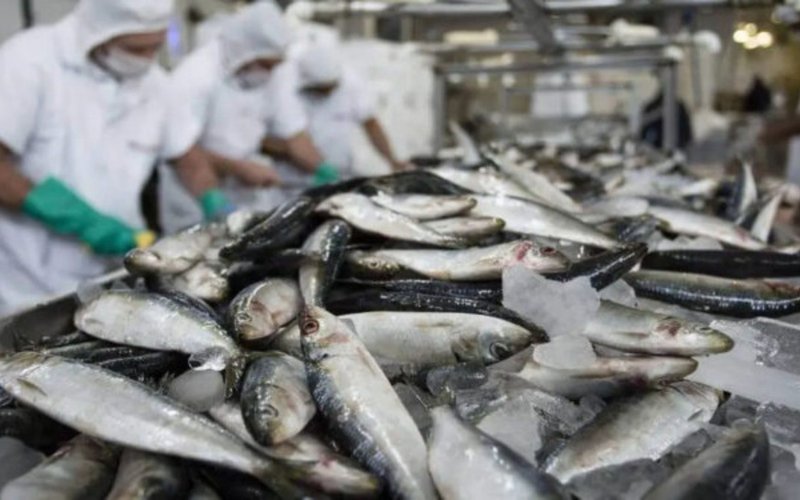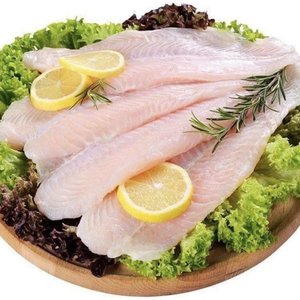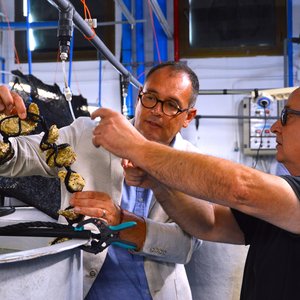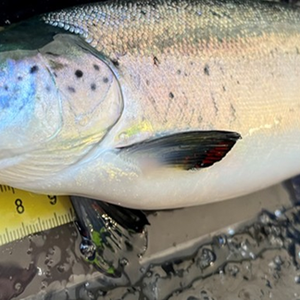U.S. President Donald Trump has announced a 50% tariff on most Brazilian goods, with exceptions for aircraft, energy products, and orange juice.
In response, the Brazilian Association of Fish Industries (Abipesca) has submitted a formal request to the federal government to establish an emergency credit line for export-oriented companies in the sector. The measure aims to cushion the immediate impact of the new tariff on the country’s fish exports.
According to Abipesca, the United States accounts for approximately 70% of Brazil’s fish exports. The association estimates that, due to the sudden implementation of the tariff, nearly BRL 300 million (USD 54 million) worth of products are now stranded in port yards, on vessels, and in industrial facilities across the country.
The request was filed with the Planalto Palace and is addressed to the federal government. Abipesca's proposal provides for emergency credit of BRL 900 million (USD 161 million), with a six-month grace period and a 24-month repayment term.
According to Abipesca, the tax has led the sector to face a "serious working capital crisis," as there is no way to redirect this production to the domestic market, which is already supplied and cannot absorb the specific cuts intended for export. If there is no rapid response, 35 industries and approximately 20,000 workers, including artisanal fishermen, could be impacted by cuts and shutdowns," the association stated.
In the document, the association also requests that the Brazilian government intensify negotiations to reopen the European market, which has been closed to Brazilian fish exports since 2017.
Goiás’ emergency credit line to protect exporters
Faced with tariffs imposed by President Donald Trump on Brazilian products, the Goiás state government took the lead and announced the creation of an emergency credit line for the state's exporting companies. The package includes special financing conditions and mechanisms to stimulate credit, particularly for small and medium-sized businesses.
In 2024, the United States was the state's second-largest export destination, accounting for USD 408 million. According to the state government, commodities such as soybeans, meat, and steel products are among the sectors most affected by the tariffs.
The measure aims to mitigate the effects of the surcharge of up to 50% on commodities such as soybeans, meat, and steel derivatives. The resources will come from a development fund based on ICMS credits on exports, without directly relying on the state treasury. The interest rate will be less than 10% per year, with a requirement that jobs be maintained throughout the term of the contract.
The Goiás government also intends to establish a guarantee fund to facilitate access to private credit and has created a working group with representatives from the productive sector to monitor the developments of the commercial crisis and propose new actions.







